Women in midlife will no doubt identify with Jacquie Karr-Zlotnicki’s admission: She felt too busy working and caring for others to properly care for herself.
“All of the things that hit you in midlife when you become an empty nester: kids marry, grandbabies arrive, parents may need you more, and having a full-time career … no matter what the catalyst, life and health become terribly unbalanced. You ignore signs, stuff it and deny,” she said.
It’s not that anything hurt, Karr-Zlotnicki said.
Not exactly.
More so, her periods in midlife seemed to be getting heavier and heavier. And the bleeding lasted longer and longer.
Along with caring for family members, Karr-Zlotnicki, now 55, spent a lot of time on the road, traveling for work in health care technology management and consulting.
Prior to that, the Jenison, Michigan, resident worked for a number of years as a volunteer director in health care.
“I figured this was all a part of menopause and I just needed to endure it,” she said. “But finally I went to see a doctor, because I just didn’t feel right.”
Making changes
In January 2015, Karr-Zlotnicki learned she had a hormonal imbalance.
“I had no progesterone at all show up in my blood work, high estrogen, and very little testosterone to keep the estrogen in check,” she said.
She began a regimen of bio-identical progesterone. She also signed up for a nutrition class to improve her health: Eating the Mediterranean Way.
“That class changed my life,” she said.
Karr-Zlotnicki met class instructor Irene Franowicz, a Spectrum Health outpatient dietitian and a certified diabetes educator.
“My specialty is working with women who are in menopause, pre- or post-,” Franowicz said.
“I contacted Irene and told her how I was feeling and she picked up the phone and called me right away,” Karr-Zlotnicki said. “I told her I’m not into diets; I want a lifestyle change.”
Before the start of the summer session of classes, Karr-Zlotnicki’s health issues worsened.
A gynecologist performed an ultrasound, which showed fibroids had filled her uterus. The doctor also diagnosed her with acute adenomyosis, a condition in which the inner lining of the uterus breaks through the muscle wall of the uterus, causing painful cramps.
Karr-Zlotnicki had a biopsy done, along with a dilation and curettage procedure, to remove the uterine lining.
“It was about that time that Irene’s class began,” she said.
The Mediterranean way
Getting healthy and feeling better were big goals for Karr-Zlotnicki. Losing weight became an added benefit.
She began the nutrition class in June 2015, took it twice, and by June 2016 had lost 60 pounds.
“It’s a 10-week course,” Franowicz said. “We meet on Tuesday nights for an hour and a half and talk about different topics. Every week we sample a new recipe, a cooking demo and go on a grocery tour and food sampling during the series.
“The idea is to get people cooking at home with whole foods,” Franowicz said. “The Mediterranean diet is one of the most researched diets. It lowers cholesterol and blood sugars and is anti-inflammatory.”
The heart-healthy diet uses healthy fats such as those found in nuts, seeds, lentils, beans, whole grains, some fish and poultry and extra virgin olive oils. It includes higher quantities of vegetables and fruits, but reduces meat—especially red meat—and eliminates sugars and processed foods.
“We start by going meatless two times a week, eating seafood two times a week and good fats two times a day,” Franowicz said. “Most people lose one pound a week in my class. It’s not about deprivation. We are careful not to lose muscle or bone strength. That’s where other diets fail. Fad diets tend to lose water and muscle and that’s not sustainable.”
Karr-Zlotnicki saw quick results.
She committed herself to a quality lifestyle she could sustain.
Bumps in the road
A hysterectomy had also been part of her plan, so in August 2015 she underwent a hysterectomy.
About the same time, she had an abnormal mammogram. Doctors referred her to Spectrum Health Lemmen-Holton Cancer Pavilion for more tests.
“I immediately felt better after the hysterectomy,” she said. “But I also learned that I have calcification in my breasts. That meant I couldn’t rely on regular mammograms. They just came back looking like a white cloud. So I needed to have high-density scans instead every six months.”
Karr-Zlotnicki added yoga and meditation to her journey back to health. She created a special room, a quiet and calming space, in her house just for that purpose.
“One of the Mediterranean classes taught us about cortisol, how it spikes when we are under stress,” she said. “Eating right, along with the yoga and meditation, helped to reduce those spikes for me. I was sleeping better and feeling better.”
A new journey
Karr-Zlotnicki found herself changing almost every aspect of her life as she continued on her journey to better health.
She quit her job at the end of 2018 and started her own business as a life coach, calling it Imagine Your Journey.
“I’m an all-in person when I do something,” she said. “I want to help others discover what I’ve discovered.”
Some of her health problems continued. Doctors found a papilloma—a benign tumor—in her breast in June 2017, which had to be surgically removed. Karr-Zlotnicki continues hormone therapy and regular breast scans to monitor calcification.
To date, all is well—in body, spirit and mind.
“The doctors do their thing in the whole picture,” Karr-Zlotnicki said. “But eating, like breathing, yoga and meditation—and our self-care habits, or lack thereof—are the most impactful things we have the power to change and improve.
“Health issues may sometimes be unavoidable, but you can control what you do about it, what you put into your body, the attitude you choose,” she said. “And so this, for me, is the biggest element to success.”
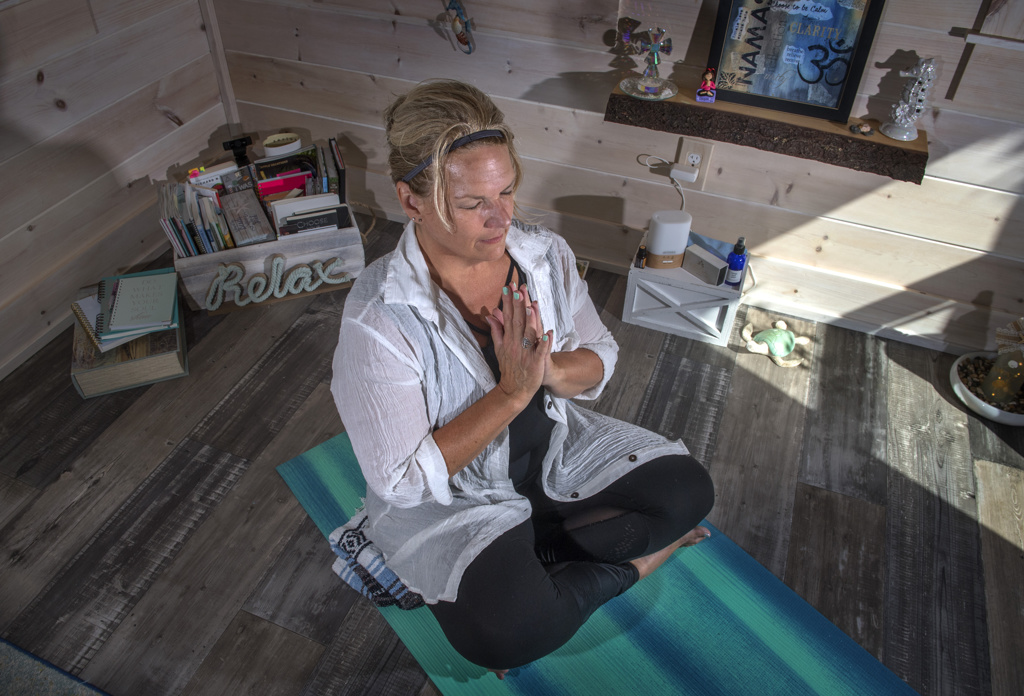
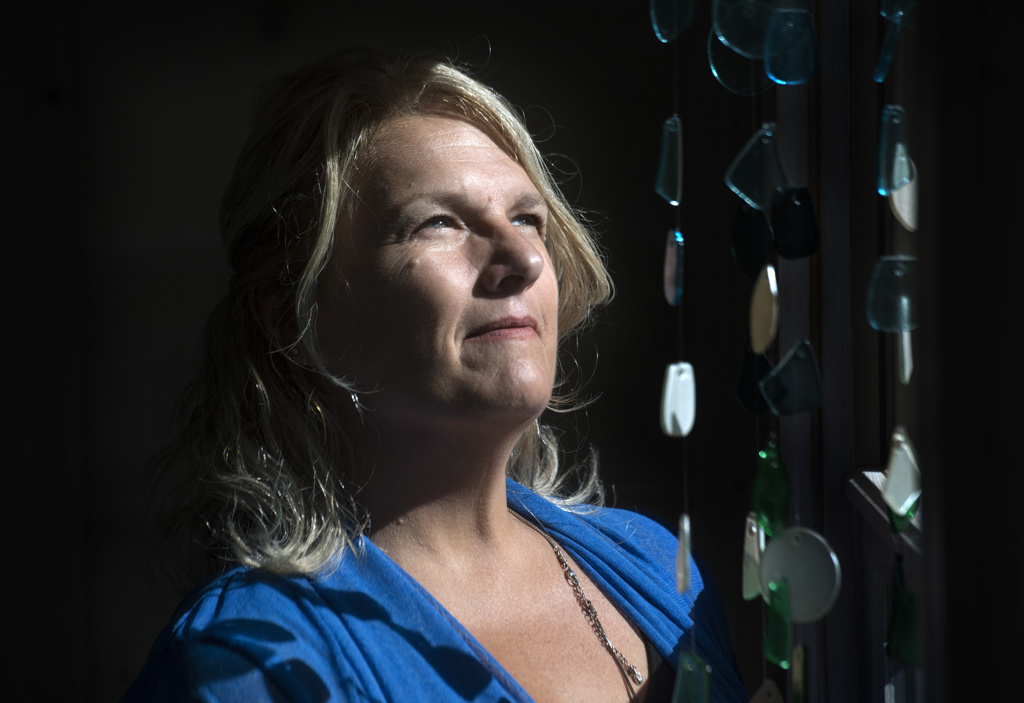
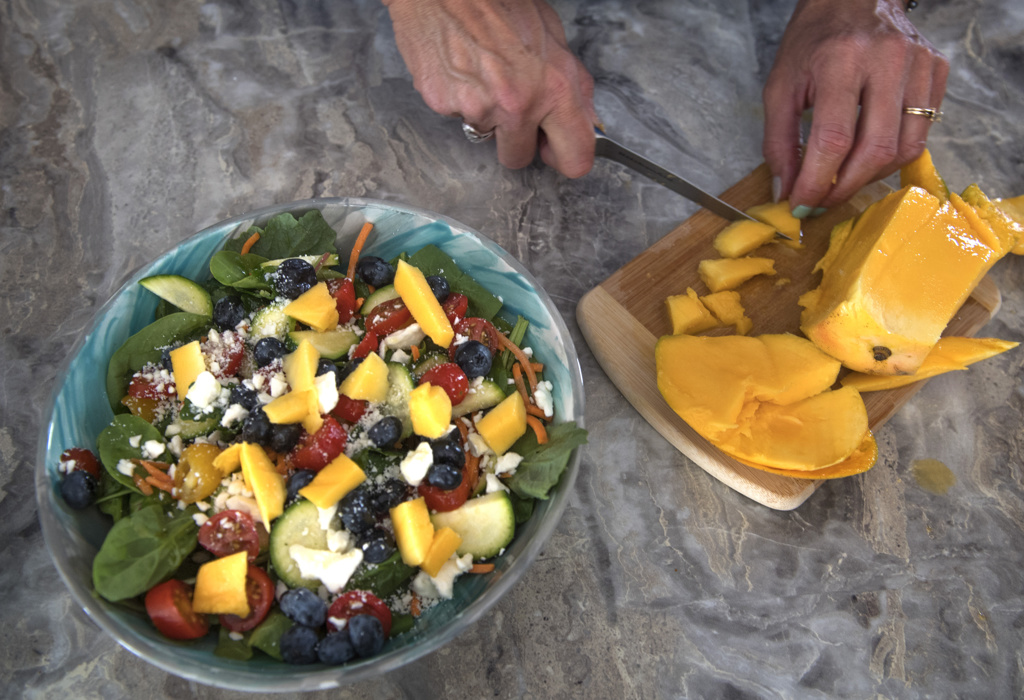
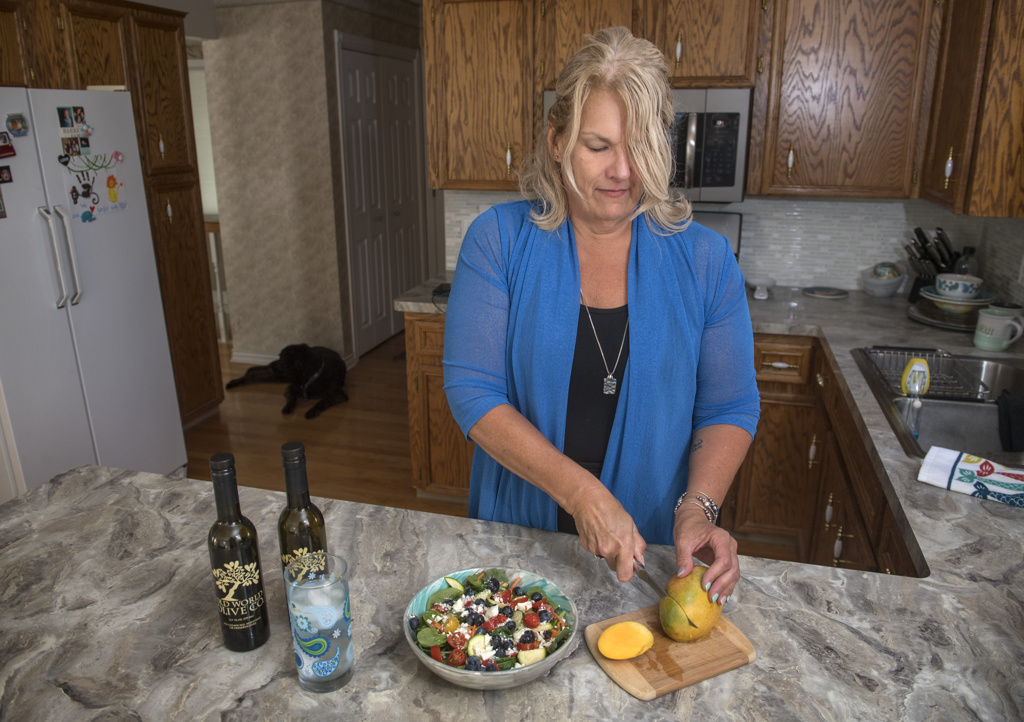
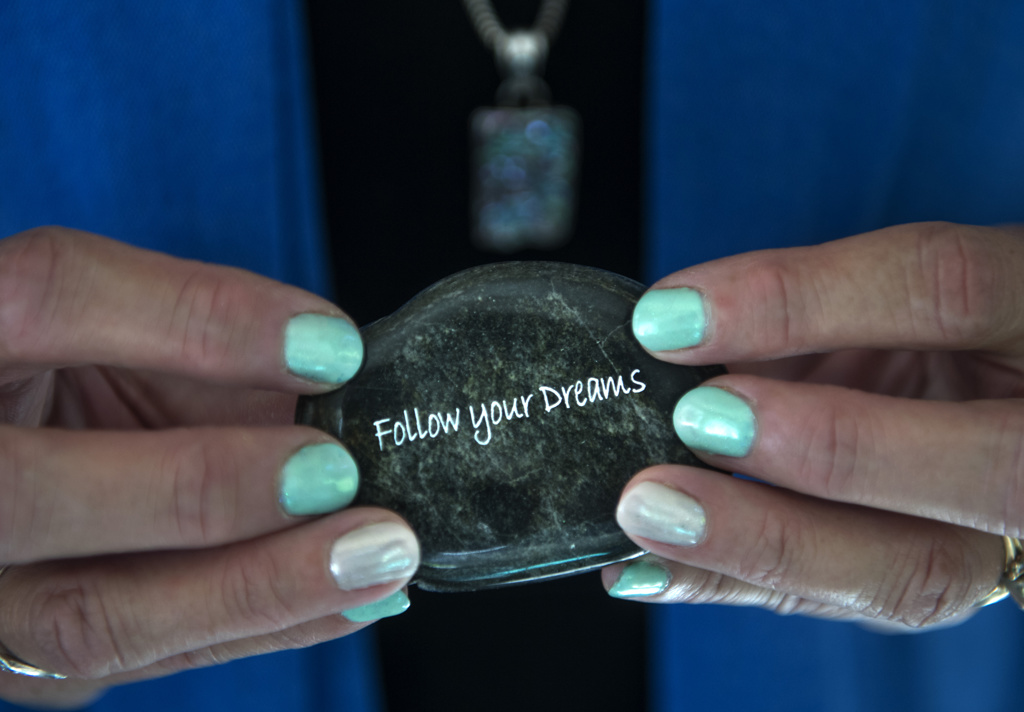
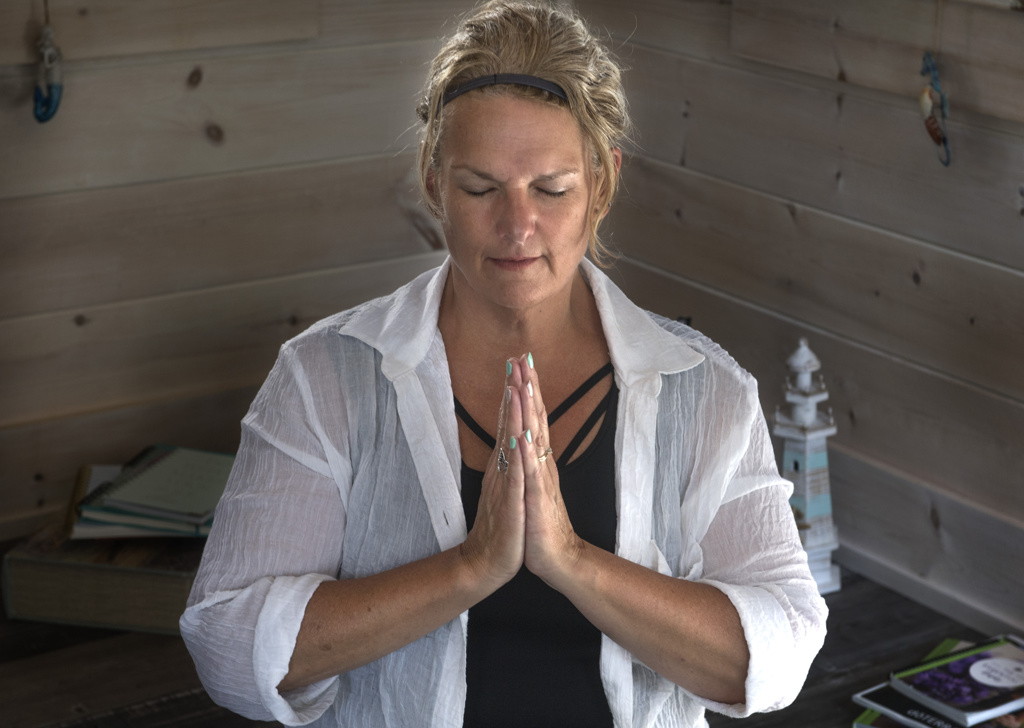
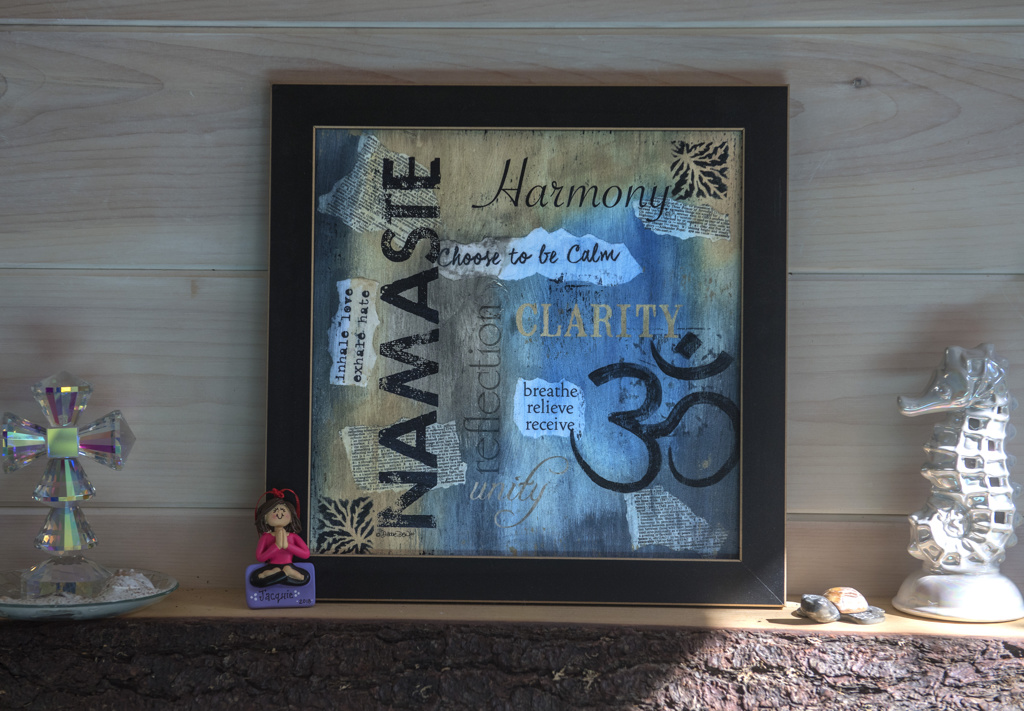
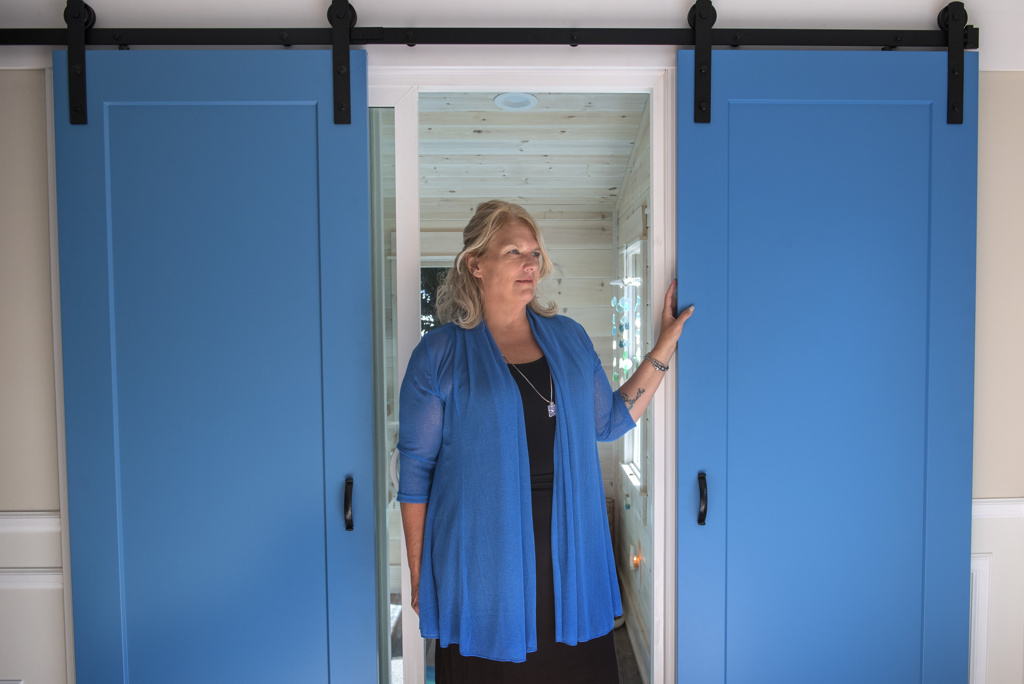
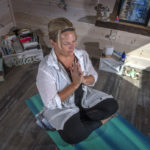
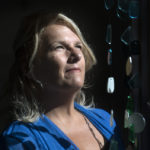

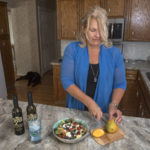

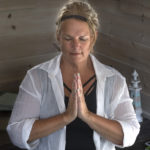



 /a>
/a>
 /a>
/a>
 /a>
/a>
I took this class last winter. Irene is a joy! She shares information as well as her personal experience to make this class very enjoyable and accessible! I highly recommend it to anyone!